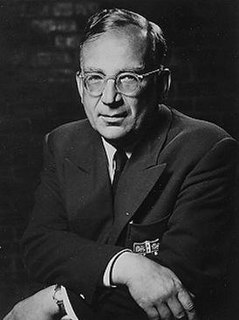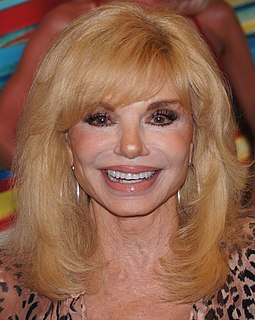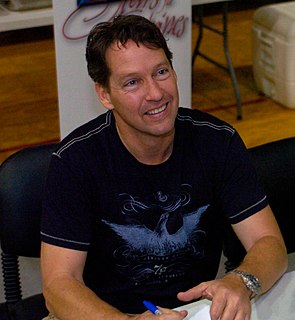A Quote by George Gamow
My father was a teacher of the Russian language and literature in high school.
Quote Topics
Related Quotes
Most British playwrights of my generation, as well as younger folks, apparently feel somewhat obliged to Russian literature - and not only those writing for theatres. Russian literature is part of the basic background knowledge for any writer. So there is nothing exceptional in the interest I had towards Russian literature and theatre. Frankly, I couldn't image what a culture would be like without sympathy towards Russian literature and Russia, whether we'd be talking about drama or Djagilev.
As a former high school teacher and a student in a class of 60 urchins at St. Brigid's grammar school, I know that education is all about discipline and motivation. Disadvantaged students need extra attention, a stable school environment, and enough teacher creativity to stimulate their imaginations. Those things are not expensive.
It's funny: I always, as a high school teacher and particularly as a high school yearbook teacher, because yearbook staffs are 90 percent female, I got to sit in and overhear teenage girl talk for many years. I like teenage girls; I like their drama, their foibles. And I think, 'I'll be good with a teenage daughter!'




































